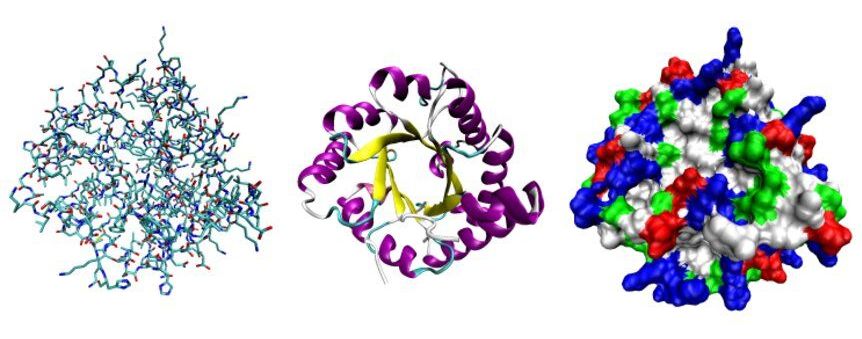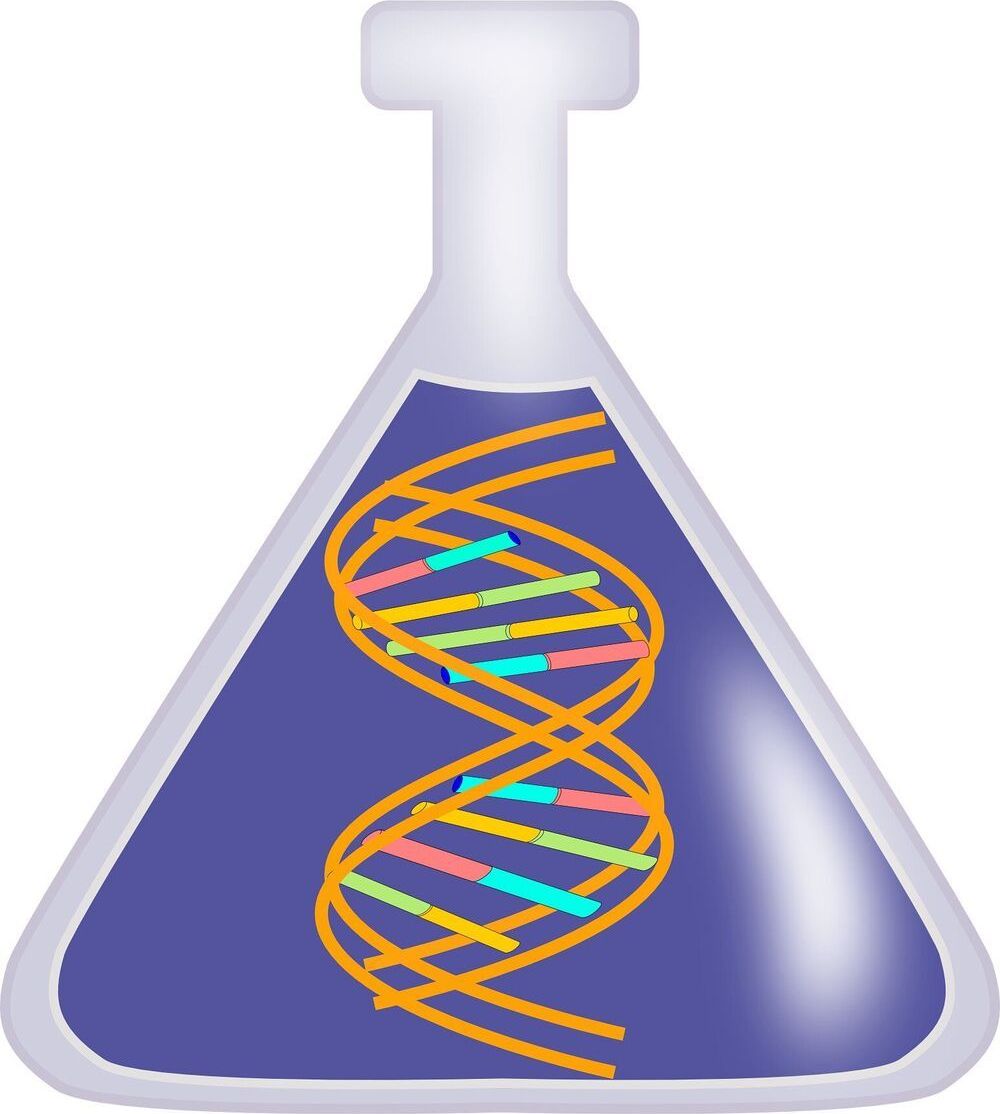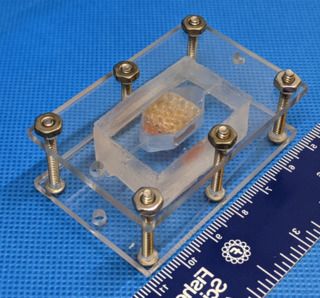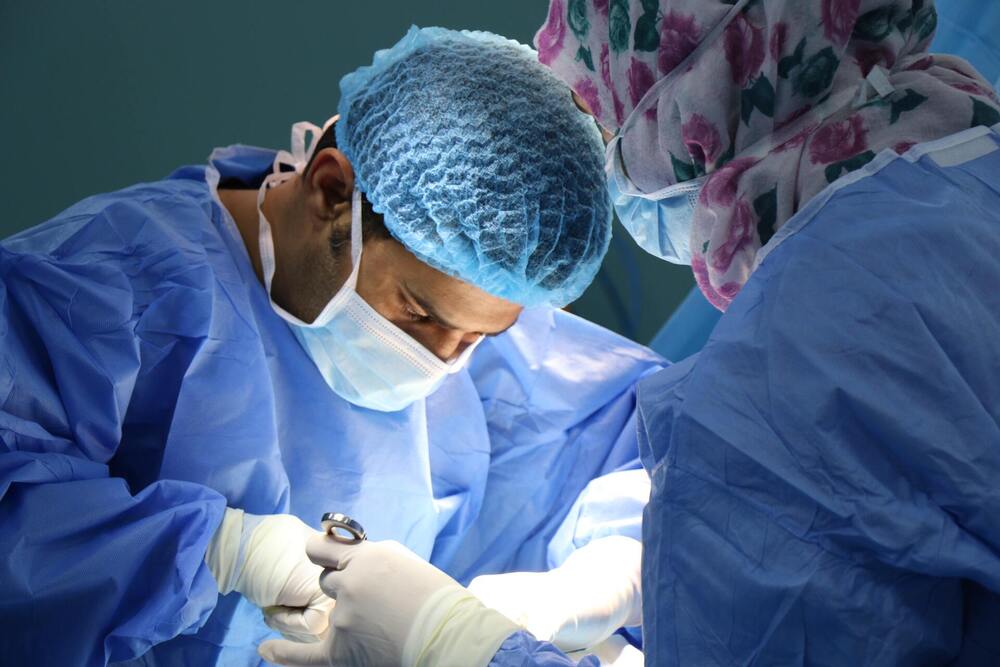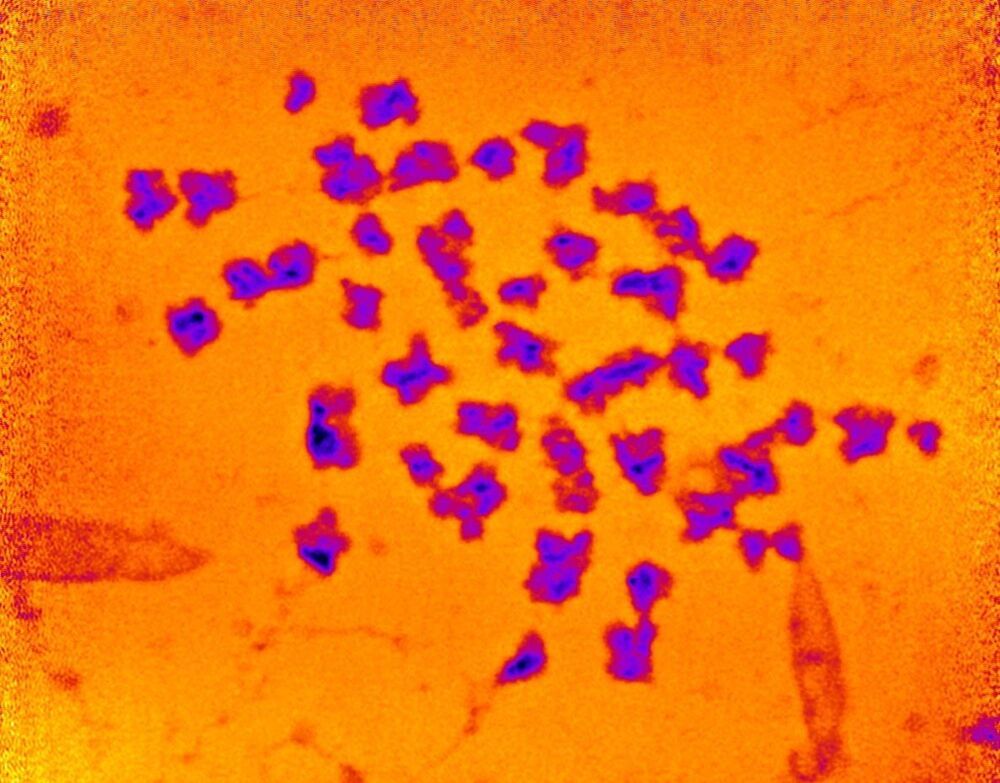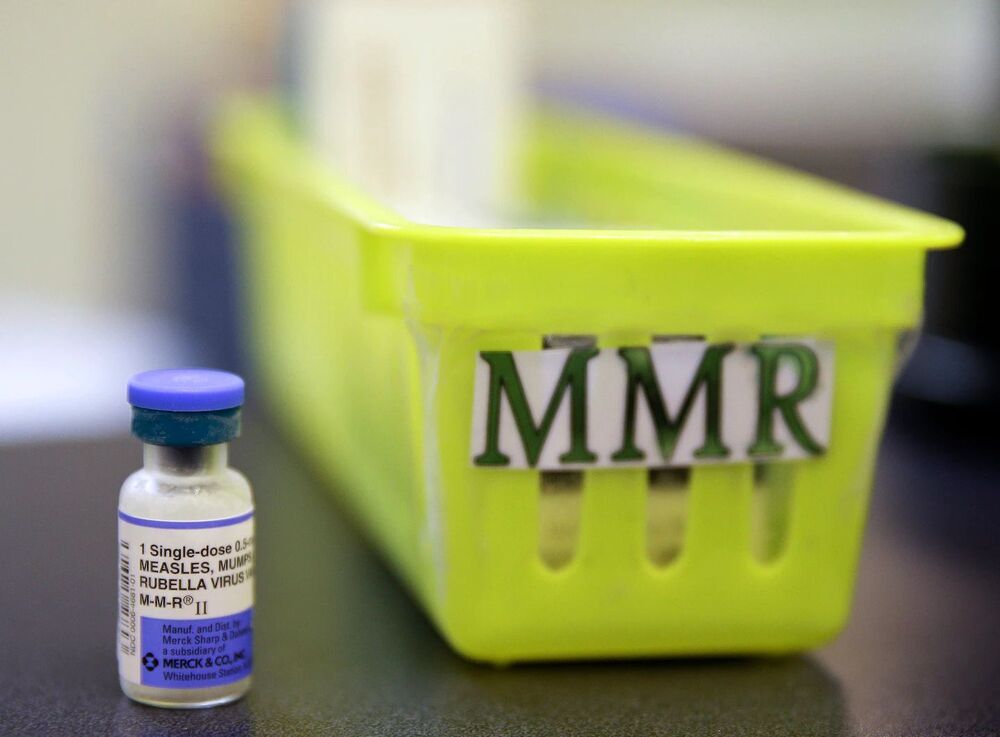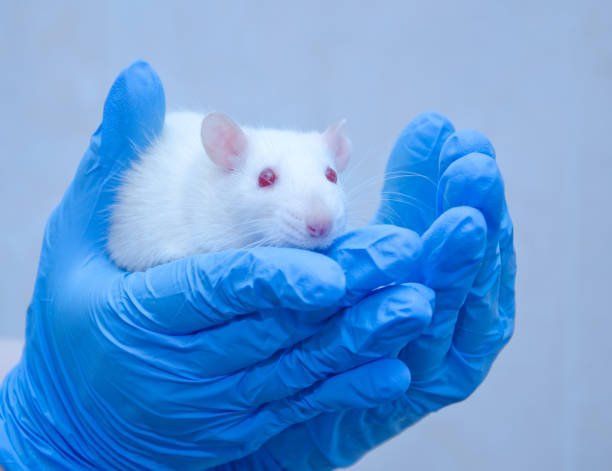Google has helped create the most detailed map yet of the connections within the human brain. It reveals a staggering amount of detail, including patterns of connections between neurons, as well as what may be a new kind of neuron.
The brain map, which is freely available online, includes 50000 cells, all rendered in three dimensions. They are joined together by hundreds of millions of spidery tendrils, forming 130 million connections called synapses. The data set measures 1.4 petabytes, roughly 700 times the storage capacity of an average modern computer.
The data set is so large that the researchers haven’t studied it in detail, says Viren Jain at Google Research in Mountain View, California. He compares it to the human genome, which is still being explored 20 years after the first drafts were published.

